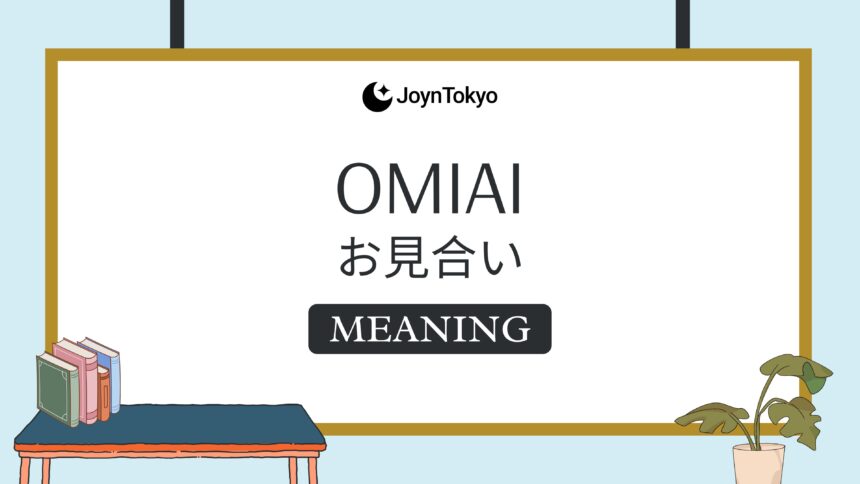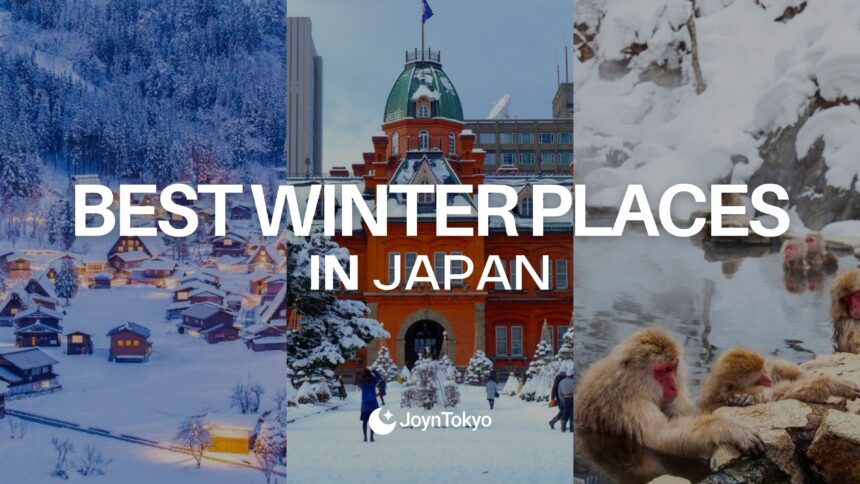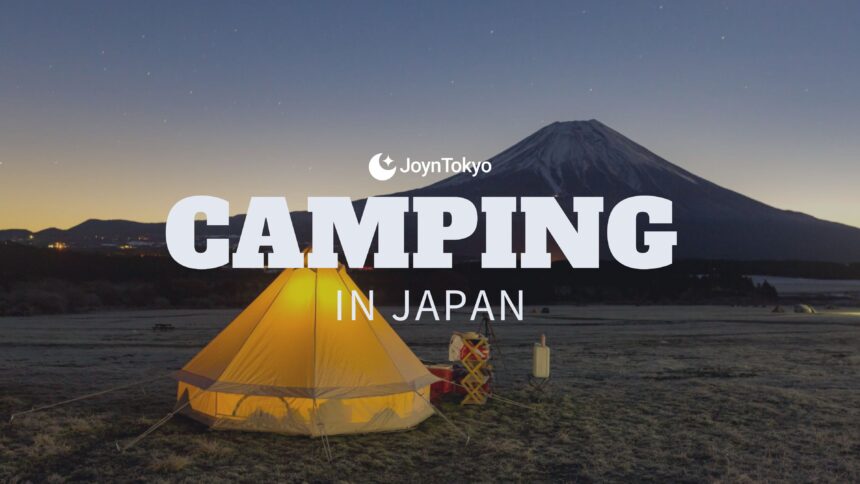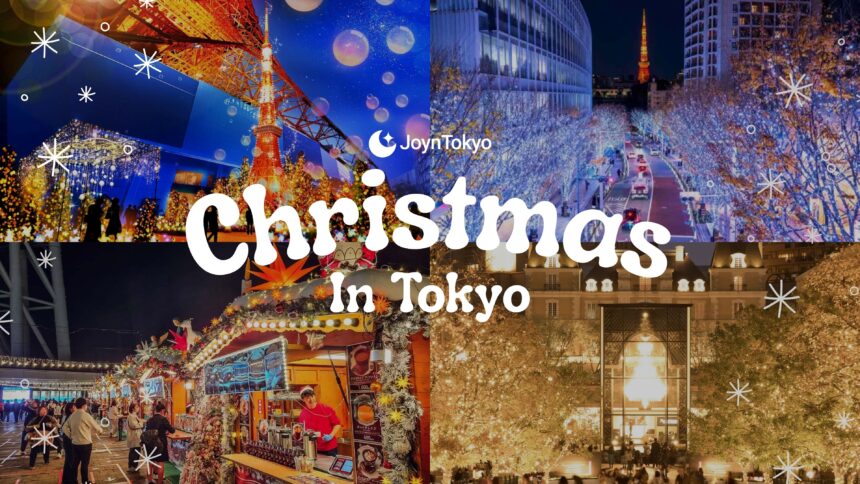In Japan, romance isn’t always left to chance. For generations, omiai, a traditional matchmaking practice, has been a bridge between families, helping people find compatible life partners. While dating apps and casual relationships dominate today, omiai still holds a quiet but fascinating place in Japanese society.
Let’s take a closer look at what omiai really means, how it works, and why this centuries-old custom continues to evolve in modern Japan.
What Does Omiai Mean?
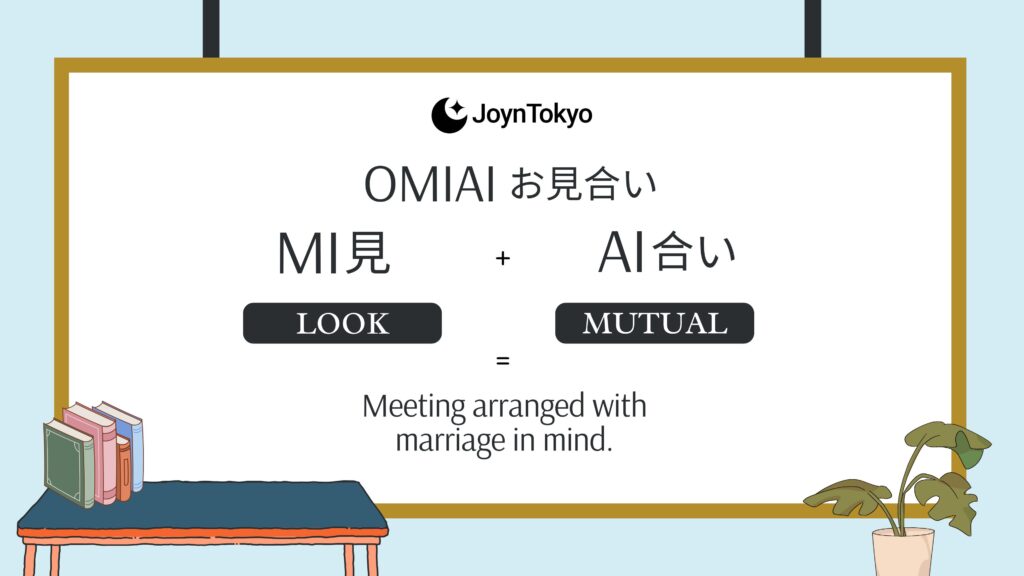
The word “omiai” (お見合い) comes from two Japanese words: mi (to look or see) and ai (mutual). Literally, it means “a formal meeting to look at each other.” But it’s not just a casual date — it’s a meeting arranged with marriage in mind.
Traditionally, omiai was a family-introduced encounter where both parties, often through their parents or a matchmaker (nakōdo), met to assess suitability for marriage. Unlike romantic dating, omiai was about practical compatibility — family background, education, occupation, and shared values.
A Brief History of Omiai in Japan
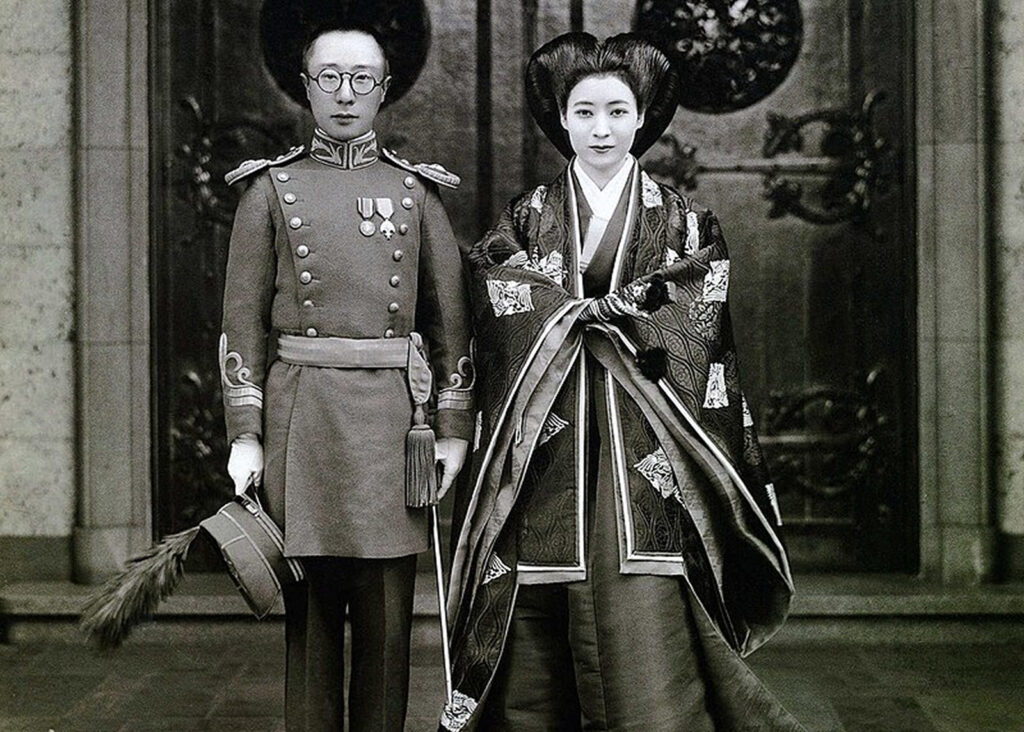
Omiai dates back to Japan’s samurai era, when marriages were often strategic alliances between families of similar status. The practice grew more structured during the Meiji and Taishō periods, with matchmakers becoming trusted intermediaries who could balance family expectations and individual preferences.
After World War II, Japan modernized rapidly, and love marriages became more common. Still, omiai didn’t disappear — it adapted. By the 1970s, omiai meetings were often less formal, with participants introduced through mutual acquaintances or community networks rather than arranged strictly by parents.
How Omiai Works Today

In modern Japan, omiai has taken on new forms. While the idea of meeting through a matchmaker still exists, the process often happens through professional matchmaking agencies or online omiai services such as IBJ Members, Zwei, and Partner Agent — three of Japan’s most trusted platforms that specialize in serious, marriage-focused introductions.
Here’s how a typical omiai process unfolds:
- Profile Creation – Participants share personal details such as hobbies, education, work, and lifestyle preferences.
- Matching – A matchmaker or algorithm recommends suitable candidates.
- First Meeting – A formal but friendly encounter, often at a café or hotel lounge, where both sides decide if they’d like to meet again.
- Follow-up Dates – If both agree, they continue seeing each other with the clear goal of marriage.
Unlike dating apps where relationships can be casual, omiai is goal-oriented — both parties know they’re seeking a life partner.
The Modern Revival of Omiai
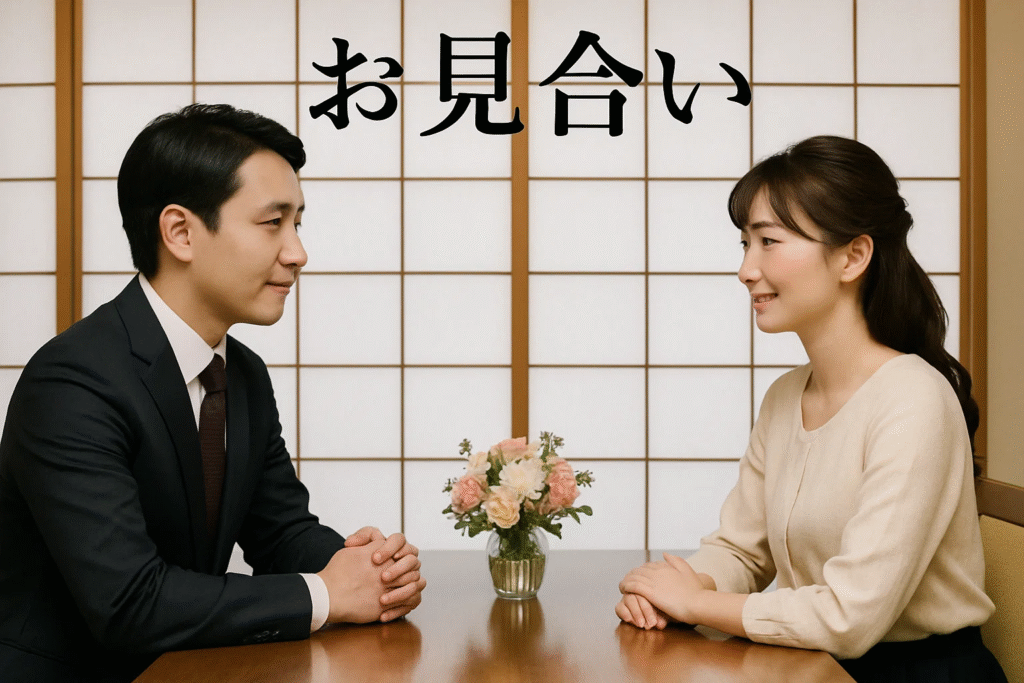
Interestingly, omiai has made a comeback among younger generations in Japan. Many professionals in their 30s and 40s are turning to matchmaking agencies because they lack time for conventional dating or want a more intentional way to meet someone serious about marriage.
Even major dating platforms now offer “omiai-style” matchmaking features, combining traditional structure with modern convenience.
This resurgence reflects a growing trend: in a busy, urbanized Japan, efficiency and emotional clarity are increasingly valued in relationships.
Cultural Values Behind Omiai
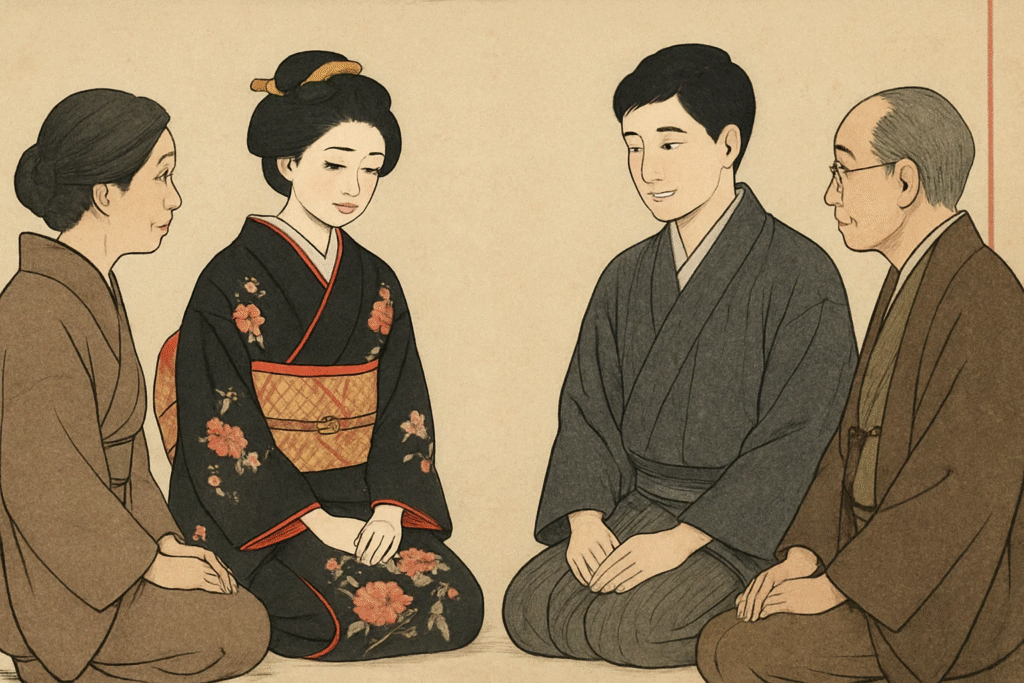
Omiai isn’t just about finding a spouse — it’s deeply tied to Japanese values of harmony, respect, and long-term stability. It’s about considering the bigger picture: families, futures, and shared responsibilities.
While love marriages prioritize passion, omiai often emphasizes trust, understanding, and compatibility over instant chemistry. For many, it represents a thoughtful balance between tradition and practicality.
Is Omiai Still Common in 2025?
While omiai no longer defines Japanese marriage culture as it once did, it remains culturally relevant. Surveys show that many people still appreciate the structured, respectful nature of omiai, even if they prefer meeting through more modern means.
In 2025, omiai continues to thrive in matchmaking events, online platforms, and even TV shows, reminding Japan that sometimes, the most enduring traditions simply evolve rather than disappear.
Omiai may have started as a formal family ritual, but its heart — the search for genuine partnership and mutual respect — is timeless. In today’s Japan, where dating can feel uncertain, omiai offers something refreshingly clear: the possibility of love with purpose.

